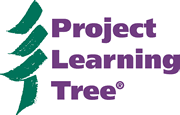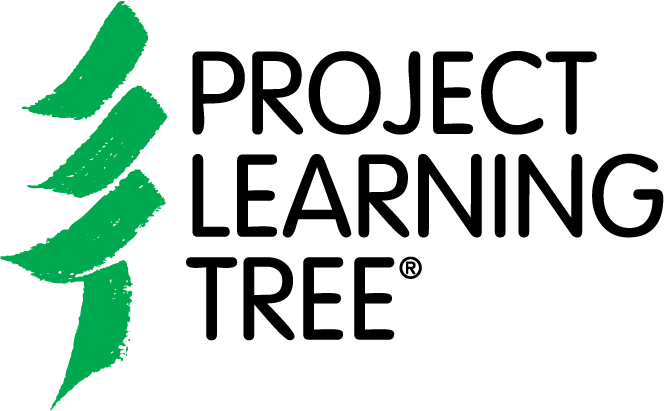“Environmental education provides important opportunities for students to become engaged in real world issues that transcend classroom walls. They can see the relevance of their classroom studies to the complex environmental issues confronting our planet and they can acquire the skills they’ll need to be creative problem solvers and powerful advocates.”
— Ms. Campbell, California’s Superintendent of San Mateo County Schools
Environmental education benefits students, schools, and our larger world.
Environmental Education Benefits Students by…
- Improving Academic Achievement. EE improves test scores by providing students with engaging lessons about the natural world that can be applied to all subject areas and grades.
- Breaking the Indoor Habit. EE offers an antidote to the plugged-in lives of today’s generation, which is the first to grow up indoors. Children who experience school grounds or play areas with diverse natural settings are more physically active, more aware of good nutrition, more creative, and more civil to one another.
- Improving Student Health. EE gets students outdoors and active, and helps to address common health issues in children today, such as obesity, attention deficit disorder, and depression.
- Supporting STEM. EE offers an engaging platform for gaining and applying knowledge and skills in science, technology, engineering, and mathematics (STEM).
- Meeting 21st Century Needs. EE emphasizes skills essential for succeeding in tomorrow’s world, such as questioning, investigating, defining problems, analyzing, interpreting, reasoning, developing conclusions, and solving problems.
- Cultivating Leadership Qualities. EE emphasizes cooperative learning with others, critical thinking and discussion, and a focus on action strategies with real-world applications.
- Improving Focus and Cognition. EE increases the ability of students to focus and improves their cognitive abilities. Children with attention-deficit disorder also benefit from more exposure to nature–the greener a child’s everyday environment, the more manageable are their symptoms.
The Top 10 Benefits of Environmental Education lists more examples of how EE benefits learners of all ages.
“Right now, in the second decade of the 21st century, preparing our students to be good environmental citizens is some of the most important work any of us can do. It is for our children, and our children’s children, and generations yet to come.”
— US Department of Education Secretary Arne Duncan, Sep 2010
Environmental Education Benefits Schools and Educators by…
- Creating Enthusiastic Students. EE offers opportunities for rich, hands-on, real world and authentic learning across the curriculum. This relevance to students’ lives engages and inspires them more than traditional pedagogy.
- Fostering Innovative Teacher-Leaders. EE gives educators the confidence to take students outdoor and to design more dynamic, interactive learning experiences that spark students’ engagement.
- Addressing Academic Standards. EE offers an engaging way to meet the content and skills identified in Common Core State Standards in English Language Arts and mathematics, as well Next Generation Science Standards and C3 Framework for Social Studies.
- Saving Schools Money. When students investigate and take action to improve the environmental performance of their school buildings and grounds, they often cut costs in electricity, water, waste management, and more.
It is estimated that by 2030, the world population of 7 billion will demand twice as many resources as the planet can supply (The Economist). Meeting the needs of our global citizenry—ecologically, economically, culturally, spiritually, and more—requires understanding and creative problem solving. Environmental education equips learners with the knowledge, skills, and motivation to address complex environmental challenges in the 21st Century.
Environmental Education Benefits the Larger World by…
- Fostering Healthier Schools. EE empowers students to lead the way in creating greener and healthier learning environments inside and outside their school buildings.
- Supporting Sound Decision-Making. EE ensures citizens are informed about sound science and equipped to make decisions that are critical to ensuring the US and greater world have the natural resources on which our economy and quality of life depend.
- Contributing to Sustainability. EE builds the knowledge and skills needed to address complex environmental issues, as well as take action to keep our natural world healthy, our economies productive, and communities vibrant.
- Conserving our Natural Resources. Higher levels of environmental knowledge correlate significantly with a higher degree of pro-environment and conservation behavior. The more people know, the more likely they are to recycle, be energy efficient, conserve water, etc.
View a list of sources for Research into the Benefits of Environmental Education.
How Project Learning Tree Makes a Difference
- PLT encourages students to improve their schools, homes, and neighborhoods based on what they learn in the classroom.
- PLT provides educators with peer-reviewed, award-winning curriculum materials to engage students in learning about the environment. We show teachers how easy it is to bring environmental education into their everyday lesson plans using our hands-on, multi-disciplinary materials aligned to state and national academic standards. Our trainings also focus on developing teachers’ confidence and skills for taking students outdoors to learn.
- More than 675,000 teachers have received training in Project Learning Tree since the program began in 1976, making PLT one of the most widely-used environmental education programs in the United States.
- By teaching students how to think, not what to think, about complex environmental issues, PLT is helping young people learn the problem-solving skills they need to make informed choices about the environment. We are also helping to prepare a 21st century workforce faced with increasingly complex environmental issues, like climate change and energy.

